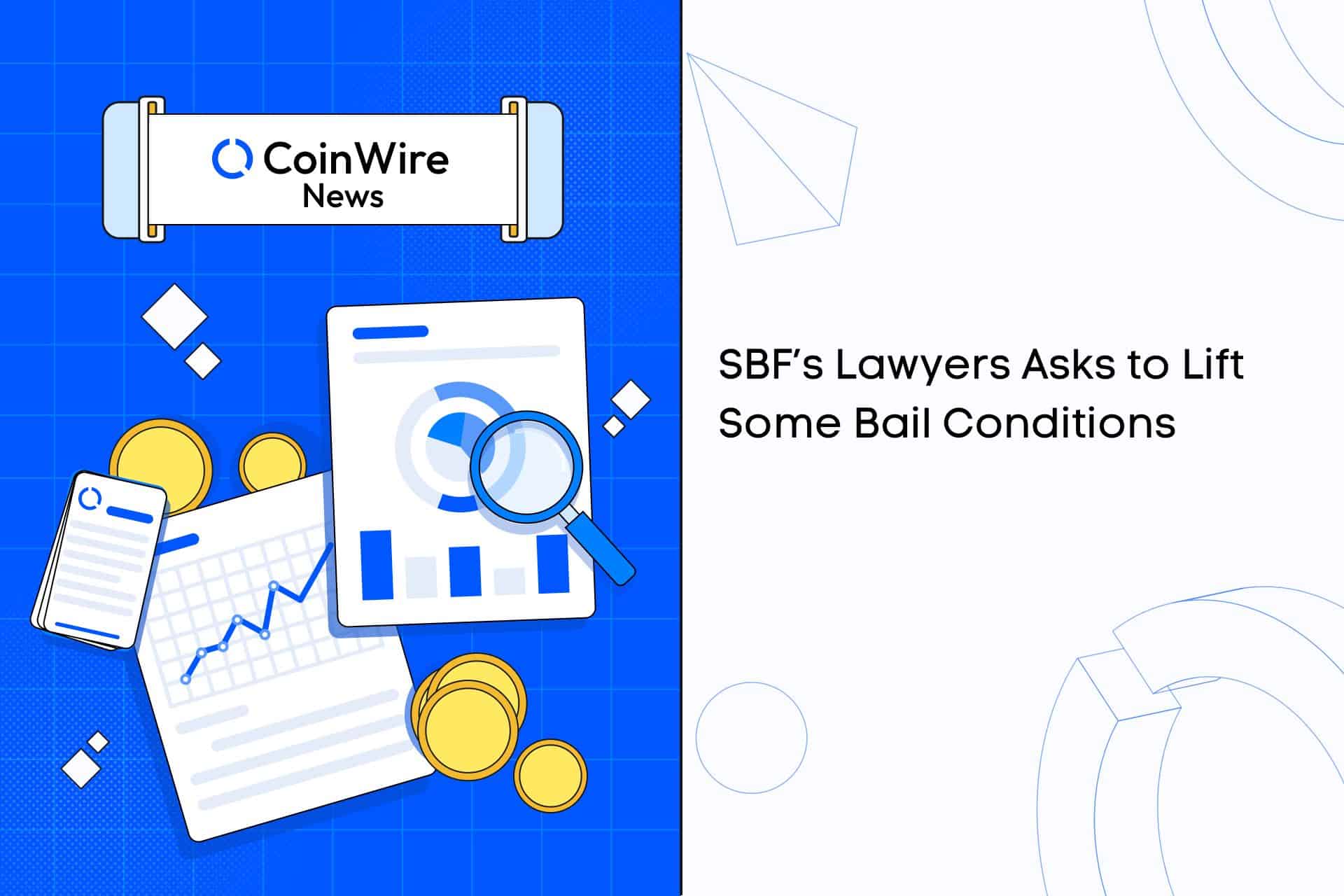Sam Bankman-Fried’s lawyers have argued that their client, who served as the former CEO of the now-defunct FTX cryptocurrency exchange platform, should have access to the platform’s assets and cryptocurrency. The notion that Bankman-Fried was not accountable for earlier suspected unlawful transactions is the basis for the aforementioned assertion.
Bankman-Fried, the former “crypto genius,” is currently out on bail after resigning from his post at FTX more than two months ago and is accused with wire fraud and money laundering. Bankman-Fried has entered a not-guilty plea to the allegations.
The aforementioned bail had a high cost and several requirements. The former FTX CEO is not allowed to access the bitcoin owned by FTX and its trading arm, Alameda Research, according to one of the terms of the agreement. This also includes the cryptocurrency holdings acquired with FTX or Alameda funds. Following the government’s disclosure of unauthorized transfers made from Alameda wallets, this occurred.
One of Bankman-attorneys, Fried’s Mark Cohen, alleged in a letter that the government’s research has already established that the former FTX executive did not access and move these assets nearly three weeks after the initial pretrial meeting.
Cohen then told the Southern District of New York judge, Lewis Kaplan, that “Given that the sole basis advanced for seeking that condition has not been supported, we believe that the bail condition imposed at the conference should be removed.”
Before Cohen’s aforementioned letter, the U.S. Justice Department had filed a document asking for “communications restriction” as an extra bail requirement. This purportedly came to light after Bankman-Fried made contact with a potential witness in the case and attempted to speak with Ryne Miller, the general counsel of FTX.
Cohen, on the other hand, reacted and broadly concurred with the aforementioned constraints. On the other hand, he argued that Bankman-Fried ought to continue to be in touch with certain of his former coworkers, including his therapist George Lerner. Cohen argued that forcing his client to have legal representation at all times while speaking with former or present FTX employees would be detrimental to Bankman-Fried.
According to Cohen, the aforementioned restriction would be detrimental to Bankman-capacity Fried’s to defend this case and put an unwarranted drain on his resources. The attorney said that communication limits would reduce Bankman-personal Fried’s support because the aforementioned employees, both present and past, are known to be close friends of Bankman-Fried.
Additionally, according to Cohen, the disgraced crypto tycoon tried to “give his aid,” as seen by the communications he sent to Miller and the current CEO of FTX, John Ray. The aforementioned recipients appear to have ignored the said communications.






![Bybit Review [currentyear]: Exchange Features, Fee, Pros and Cons 9 Bybit Featured Image](https://coinwire.com/wp-content/uploads/2022/06/Bybit-review-1024x683.png)